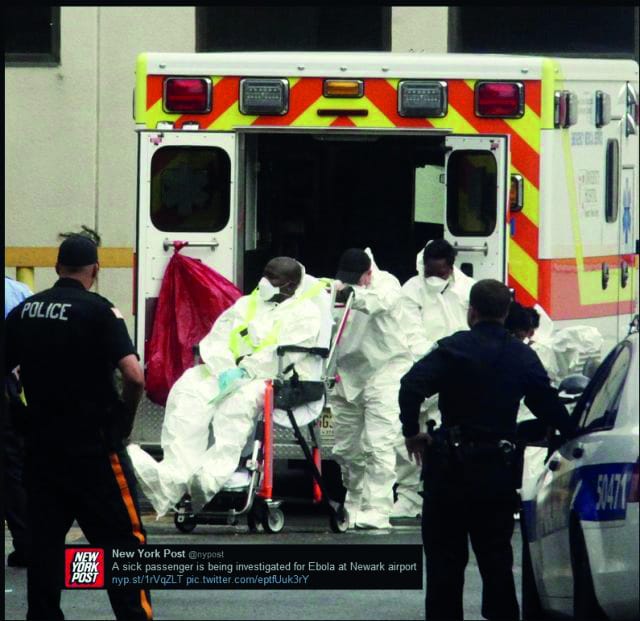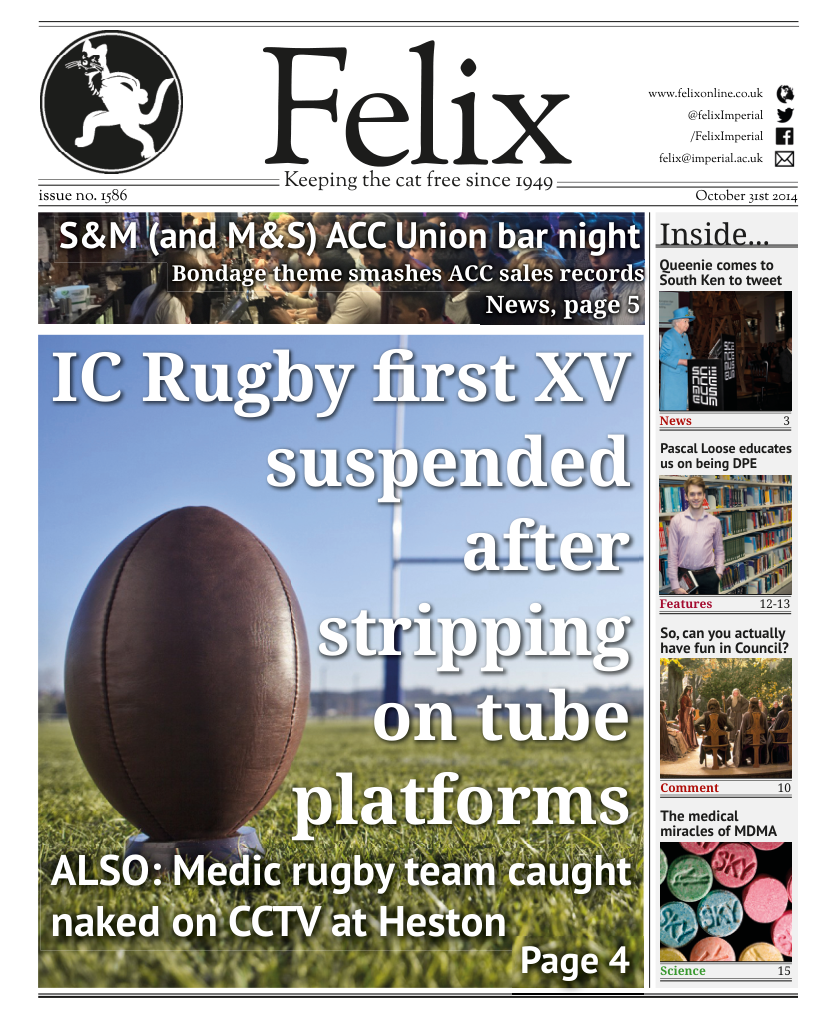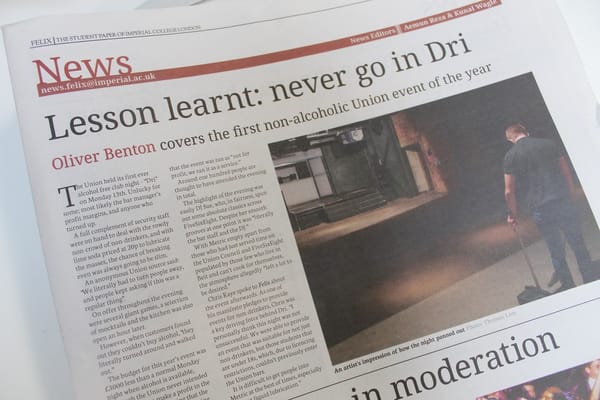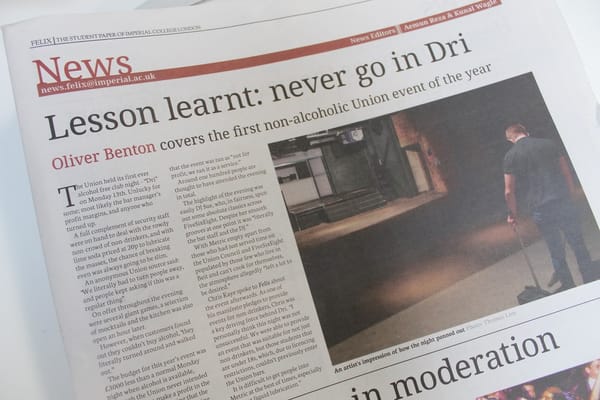Should we accept reporting of factual errors?
If you’ve been reading the news recently, you’ll surely be aware of the impending apocalypse sweeping Western Africa.

So if you’ve been reading the news recently, you’ll surely be aware of the impending apocalypse sweeping Western Africa and soon enough, we are assured, the rest of the world.
I know, I can hardly wait myself.
I am, of course, referring to the recent outbreak of Ebola, which has recently claimed its first victim in the United States: the first such death outside of Africa. All over the US, cries from the big names on the American Right (Jindal, Paul, Christie et al) have called for: the closure of borders, the grounding of flights, and the implementation of draconian quarantine procedures. Their calls stand in stark contrast to the opinions of much of the scientific community, who say that the greatest defence against Ebola is a good offence; that we must smother the outbreak before it becomes too widespread to handle effectively. This means allowing the free movement of manpower and material so as to equip aid workers with the tools necessary to fight new outbreaks, and suppress existing ones.
Their opinions have fallen on deaf ears. A few days ago, Mr Christie took matters into his own hands, forcing a young healthcare worker into a badly ventilated, poorly sanitised tent in Newark; the first example of his oft talked about ‘quarantine measure’. With the likelihood of the GOP (or the Republican party) making large gains in the senate in November, further such cases are almost an inevitability.
Of course, Christie and his ilk are easy targets. Theirs is a cry of ‘a common-sense perspective’, where nuance and subtlety give way to simplicity and facility. Their cries are part wilful ignorance, part midterm electoral pandering. However, they are wholly damaging and harmful.
The cost to human life will only increase; we cannot afford to be silent on this issue.
They are not the only culprits. The disproportionate levels of alarm in the states - and in many other countries around the world – is propagated by a trifecta of uninformed policy making, shoddy reporting, and a muted scientific community. The last point is perhaps the most important of the three: journalists will report poorly, and policy makers will act ignorantly so long as they are able to do so with little opposition. The scientific community must be that opposition. Of course, the scientific community chooses not to. After all, we have better things to occupy ourselves with, right?
The truth is that we must assert ourselves. We should be looking at Christie with the contempt we reserve for homeopaths, or anti-vaccination advocates. We should be loudly and obnoxiously picking apart every single factual error, every single mote of bad science they make. Otherwise, we run the risk of allowing the big decisions to fall into the hands of people who simply lack the knowledge and intelligence to make them. Christie, and the rest of the GOP run the risk seriously jeopardizing our ability to effectively deal with current – and future – outbreaks.









